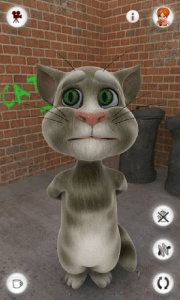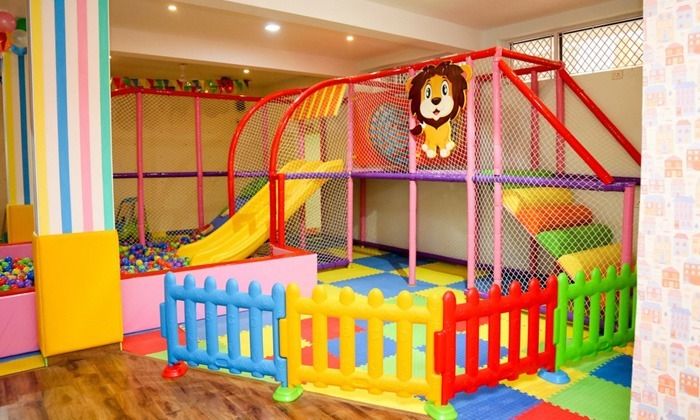Sign up here to receive a FREE Guide on how to kickstart your baby’s food journey.
As parents, it is difficult to figure out why children can be messy picky eaters and tend to spit or throw their food. For children, it is about learning how to chew and swallow food, babies require preparation to practice and acquire the skills.
When it comes to eating for children, it is more than just chewing and swallowing.
To grow accustomed to the food, the toddler needs to identify the food on their plate first. Followed by the identification, the child visually engages with the food. After that, the child needs to practice how to reach and grasp the food. Lastly, the child needs to maintain hand-eye coordination and motor planning skills to get the food accurately to their mouth.
Babies are born with oral reflexes to learn to chew and swallow, however, toddlers are not equipped to chew immediately because it requires a few complex motor skills which include moving the tongue, keeping the food on the side of the mouth for chewing, moving the jaw up and down to break down the food, and then finally, transitioning the food back to the tongue to swallow. Besides oral motor skills, chewing and swallowing food require sensory awareness.
Why Do Infants Spit Or Throw Food?
Infants and young toddlers wind up spitting or throwing the partially chewed food due to the following reasons namely:
- Often children need to inspect the food visually and see if it is chewed thoroughly before swallowing.
- Sometimes the child goes through a motor planning mistake as they fail to analyze the boundaries of their mouth before swallowing.
- Another reason why infants tend to spit food is when they are introduced to new types of food. Since babies are keen explorers, spitting, licking, and smelling are all sensory exploratory behaviours used when introduced to new foods.
- Kids are natural intuitive eaters, so they tend to spit out their food when they are no longer hungry.
- Infants tend to spit out food to indicate that the taste, texture, or sensory characteristics of the food are unfamiliar and surprising.
Practice makes a child perfect hence by visually seeing and touching the food they’ve spit out; babies learn about chewing. At times a child can be seen spitting out their food, visually inspecting it then putting it back in their mouth. In these situations, let them explore and get accustomed to chewing!
What Can A Parent Do When The Baby Spits Food Out?
Since a child requires time to get used to chewing, there are situations when a child spits out their food. In these situations, parents can implement these tips-
- Let the child get accustomed to small amounts of food at a specific time.
- Ensuring the food is easy for the child to chew.
- Staying calm and keeping mealtimes fun and relaxed is important. If parents exhibit a negative response when a child spits their food, the child absorbs the stress radiated by the parents. This leads to a continued cycle of picky eating.
- Introducing new types of foods patiently by cutting them into small pieces and serving them in smaller portion sizes to avoid overwhelming the toddler.
- While eating, establish table manners by sitting alongside your child. Children learn from their parents and caregivers hence your child will absorb healthy eating habits by watching.
- Self-feeding is an important part of learning how to eat because children need to learn by touching, smelling, and tasting the food. Even though the process may be messy, the child needs to learn on their own
In conclusion, spitting is necessary for a child while learning how to eat. As parents, in these situations the best way to help your baby is undergoing constant, repetitive practice by giving the child the freedom to explore and visually inspect food, treating every spit as an opportunity to engage with your child and verbally discuss what happened instead of feeling disgusted.


















